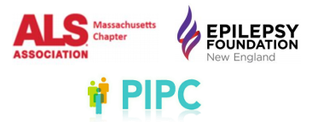
The Institute for Clinical and Economic Review revised its previous assessment of two new migraine drugs, determining that they meet its long-term cost-effectiveness thresholds — after previously ruling the cost of the medicines was too high. The final evidence report concluded that Allergan's Ubrelvy, which costs $4,896 a year, and Biohaven's rimegepant meet the cost-effectiveness threshold.









